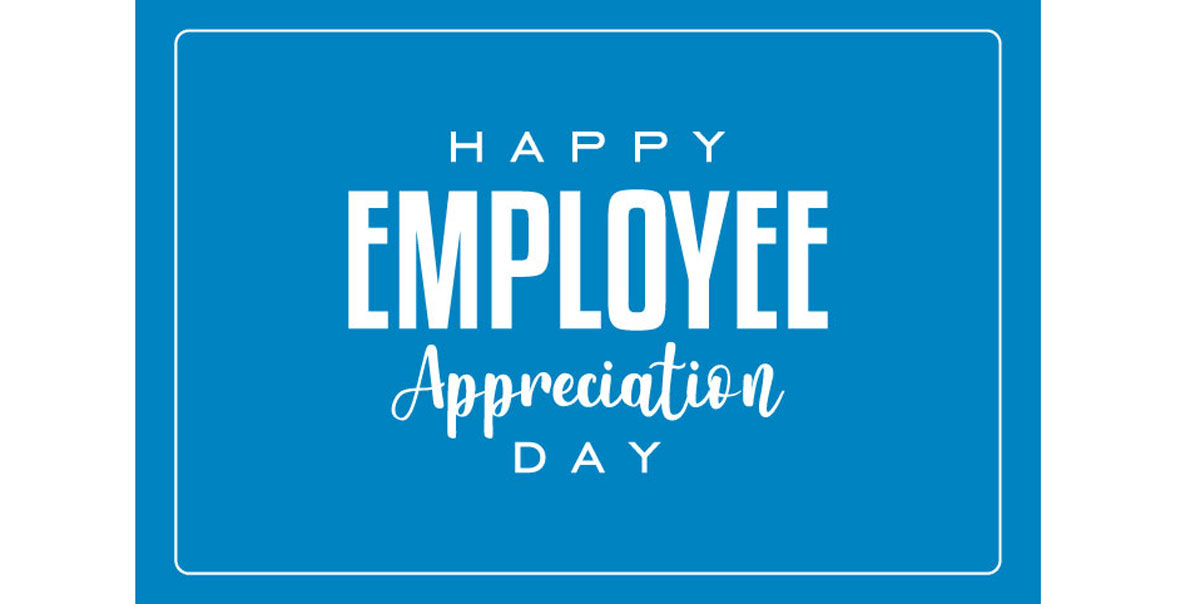Listen to the blog
This Friday, March 3, and every first Friday in March, is designated as National Employee Appreciation Day.
It was created by Dr. Bob Nelson — a founding member of Recognition Professionals International in 1995 initially to celebrate the publication of his book, “1,001 Ways to Reward Employees” and to remind managers everywhere of the importance of thanking their employees when they do good work.
Dr. Nelson did his doctoral dissertation on why managers do or do not recognize their employees and has since helped thousands of companies create a culture of recognition in their organization to create significant, positive impacts on employee retention, performance and the ability to attract top talent.
However, there are significant differences between employee recognition and appreciation, as described in the report “How to Foster a Culture of Employee Appreciation”” by Josh Berman of Culture Amp, an HR consultancy.
Berman writes, “When leaders think about recognition they tend to think of promotions, raises, or celebrating results tied to business goals (for example, closing a sale or releasing a product feature). Yet if you dig below the surface, recognition shouldn’t be just about pay or status. People want to feel valued by their coworkers in the flow of their daily work. That’s where appreciation can make a difference:”
Here are the differences:
Recognition often focuses on performance and outcomes, while appreciation focuses on how an individual went about the process.
Recognition focuses on value to the company, while appreciation focuses on the value of an individual.
Recognition tends to be top-down, appreciation can come from anyone and anywhere.
Recognition is often limited to high performers. Not everyone can get a raise at the same time, and an individual may only get promoted every few years. Appreciation, on the other hand, is for everyone.
While formal recognition is important for an organization, appreciation is more accessible because it can be given to anyone, from anyone, and at any time. Showing appreciation to employees on their worst days is just as important as providing recognition on their best ones.
One mistake that organizations make, Berman writes, is showing appreciation for the wrong things. Beyond business results, people overwhelmingly want to be recognized for small behaviors that they do every day but often go unnoticed. They want to be recognized for trying new things (even if they fail), bringing positivity to the office, and living the company’s values.
The Culture Amp report identifies four languages of appreciation, in other words, four ways that people like to receive appreciation at work:
- Quality Time
- Words of Affirmation
- Acts of Service
- Tangible Gifts
By creating a positive company culture where employees are appreciated for their hard work, you can improve your team’s morale and motivate them to stick with the company through good and tough times.
So, don’t wait for a special day to show employee appreciation; instead, act on it right when it’s needed.






0 Comments